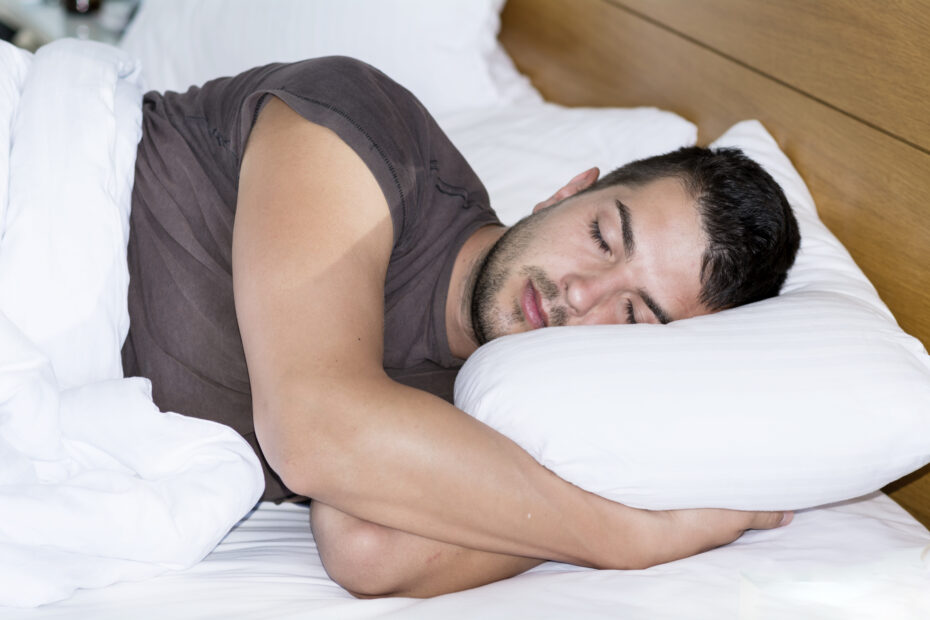With loud snoring, frequent interruptions, and daytime fatigue, sleep apnea can make one’s life miserable due to improper sleep patterns. That’s why Continuous Positive Airway Pressure (CPAP) therapy is vital for sufferers. This game-changing sleep therapy machine offers better sleep while improving your health. Although using a CPAP machine is important, you need to pair it with healthy sleep habits to significantly enhance effectiveness.
For those dedicatedly taking CPAP therapy, it is essential to have a perfect sleep environment for relaxation. Here are some important sleep habits to keep in mind – plus why compact devices, like the Transcend Micro Travel CPAP Machine, make a big difference.
1. Build a Routine Gradually
It is fine to gradually make CPAP therapy part of your sleep routine. You must start by wearing a mask for short durations during the day while reading or watching TV. It can help you get used to wearing your mask to feel the sensation before using it throughout the night.
Consistency is important when getting used to CPAP therapy. Slowly, your body will begin adapting to CPAP masks while improving your condition in the long-term.
2. Have a Consistent Sleep Schedule
Once you get used to wearing a CPAP mask, you need to set a consistent sleep schedule. You have to build a constant bedtime routine, like going to bed at the same time. This way, you can fall asleep each night at a set schedule. This also helps in reducing adjustment time when you are new to CPAP therapy. Do follow the same routine even during the weekends.
3. Form a Wind-Down/Pre-Sleep Routine Before Bedtime
You cannot simply jump from your screen time to bed straightaway, particularly if you suffer from sleep apnea. The blue light from your phones can suppress melatonin and cause delayed sleep. Instead, form a proper wind-down routine for 30-45 minutes before your bedtime.
For instance, you can start:
- Stretching or practicing light yoga exercises
- Reading a book
- Breathing exercises
- Using aromatherapy, such as lavender oil, to help you relax
With such a pre-sleep routine, you can send signals to your brain to slow down while improving the impact of the sleep therapy.
4. Set CPAP-Friendly Sleep Environment
Your bedroom must be a sleep haven. For that, you need to have:
- Quiet atmosphere: Use a white noise machine or earplugs if you are light sleeper or sensitive to noise/light.
- Dark and cool room: Use blackout curtains and cool temperature around 18–20°C to signal your brain to rest.
- Comfy bedding: Pick breathable bed sheets and supportive pillows to make your bed more comfortable. You may even use CPAP pillows that have side cutouts to make sleeping with the device more comfortable.
5. Choose a Well-Fitted Mask with Regular CPAP Maintenance
Comfort is vital. So, make sure your mask fits well and doesn’t cause air leaks or pressure points. Therefore, it is important to choose:
- Well-fitted mask as per your face shape
- Replace filters and cushions regularly
- Adjust straps for a snug fit
- Clean CPAP machine weekly to prevent infection or irritation
With a well-maintained device and a proper mask fit, one can improve one’s sleep therapy and its outcomes.
6. Limit Alcohol and Caffeine
It is recommended to avoid or limit alcohol or caffeine intake. Alcohol may make one sleepy, but with time, it worsens the condition by relaxing throat muscles and collapsing airways. On the other hand, caffeine intake in the evening can delay your sleep onset.
It is best to:
- Stop caffeine intake after 2 PM
- Avoid alcohol for 3-4 hours before bedtime
- Drink herbal teas, like chamomile, to relax before bedtime
7. Indulge in Physical Activities
When you indulge in regular physical activities during the day, it helps you sleep faster at night with better sleep quality. Try making a workout part of your routine for at least 30-45 minutes. Before bedtime, you can practice yoga or light stretches to relax your body muscles and improve sleep quality.
8. Travel Smart with a Portable CPAP Machine
Want to keep up with your CPAP therapy even while traveling? For this, you need a portable device, like the Transcend Micro Travel CPAP Machine.
Here are the key features of Transcend Micro that make it a suitable travel companion for people with sleep apnea:
- Ultra-Compact & Lightweight: Weighing only 218 grams, this portable CPAP device is ideal for road trippers, frequent flyers, or anyone with a nomadic lifestyle.
- Power Options: This battery-powered travel CPAP machine comes with a PowerAway P8 Battery, making it convenient to keep it fueled up in off-grid locations. It also comes with a USB charging unit for easily charging with your laptop or other electronics in case of a power outage.
- Quiet Operation: With WhisperSoft Muffler feature, it has a sound level of just 27 dB, which is just like a person whispering. So, there won’t be any disturbance to anyone you’re sharing a room with at a hotel, camp, etc.
- User-Friendly Design: It comes with an intuitive one-button operation, which makes it convenient to use even for beginners.
Final Thoughts
CPAP therapy works wonderfully provided you combine it with the given sleep habits, like self-care routine, consistent schedule, and environmental changes. From setting up a regular bedtime routine to choosing travel-friendly device, like Transcend Micro Travel CPAP Machine, every small step counts.

